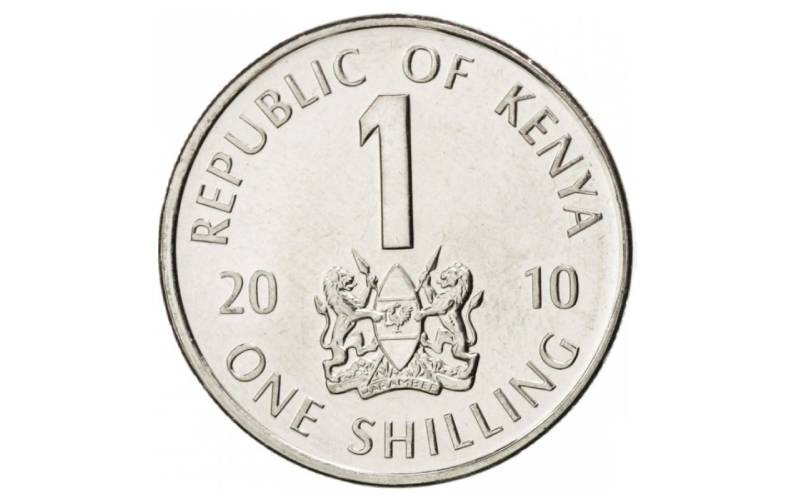×
The Standard e-Paper
Home To Bold Columnists

For people who had kept their money in foreign currency, under mattresses or in dollar designated accounts, this week has been the local equivalent of the infamous Black Monday.
On Monday, October 18, 1987, the global stock market crashed, suddenly, and without warning. It is estimated that the loss to the global economy was roughly 2 trillion US dollars, leading to fears of a return to the depression.